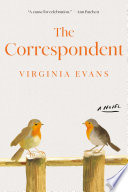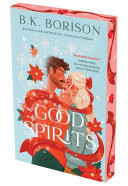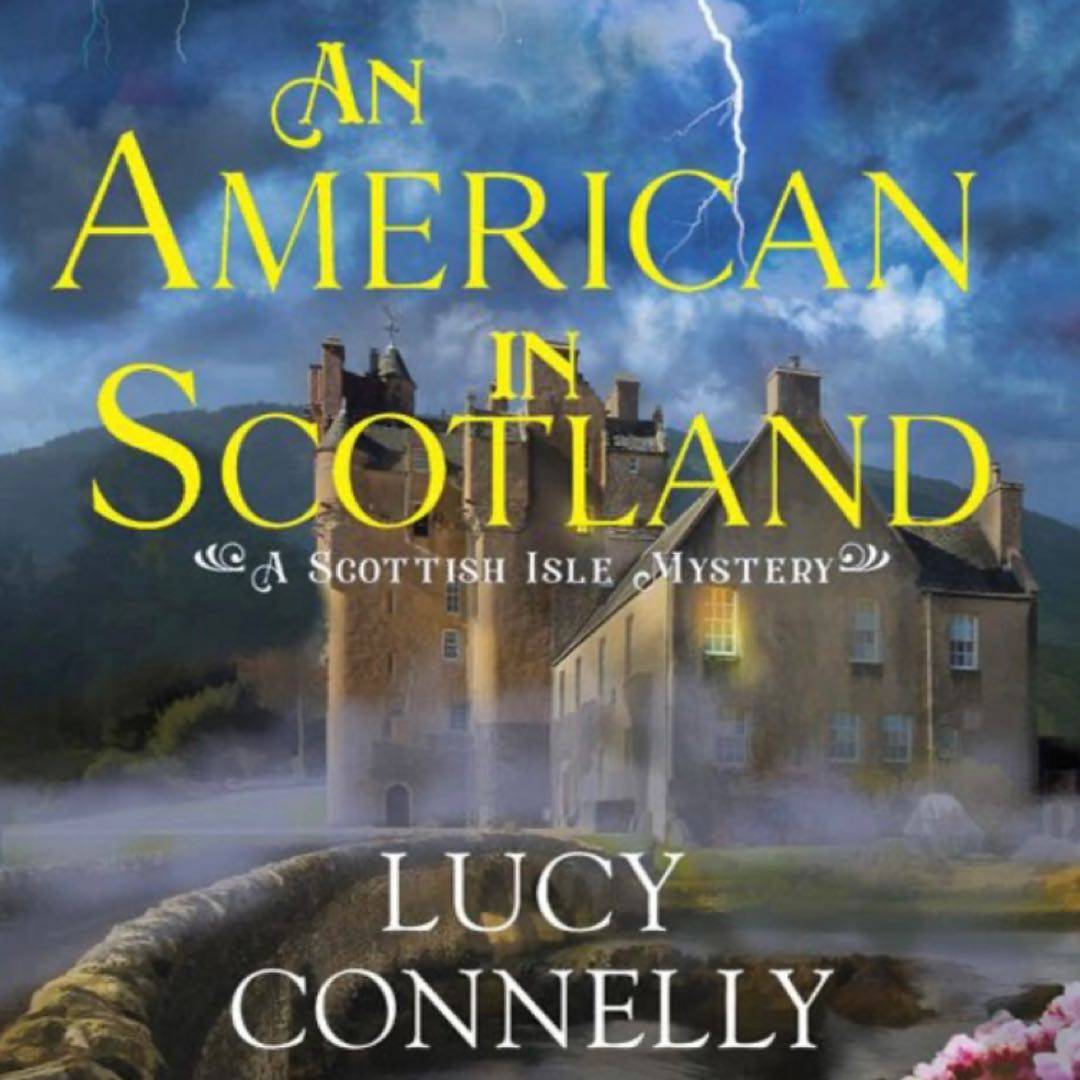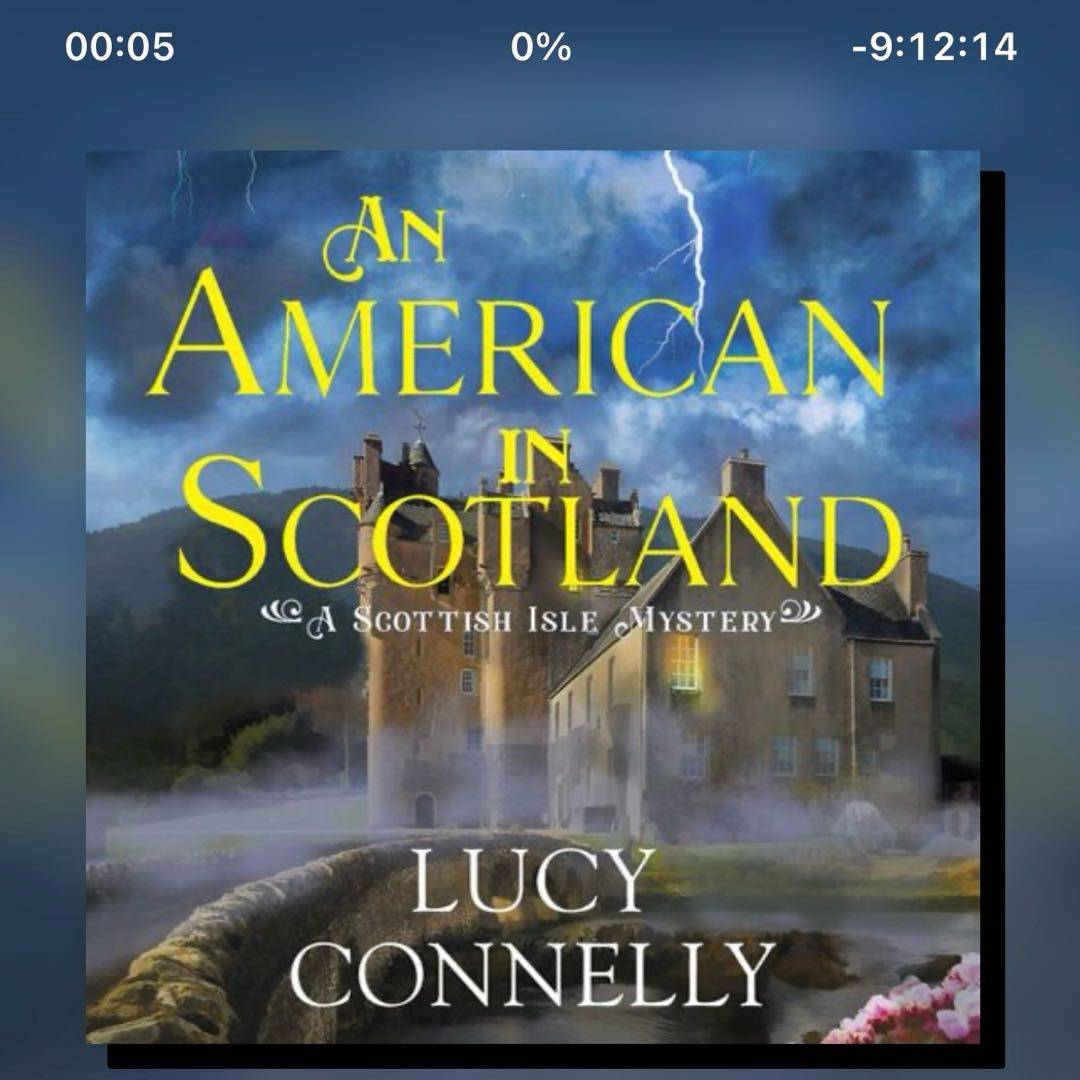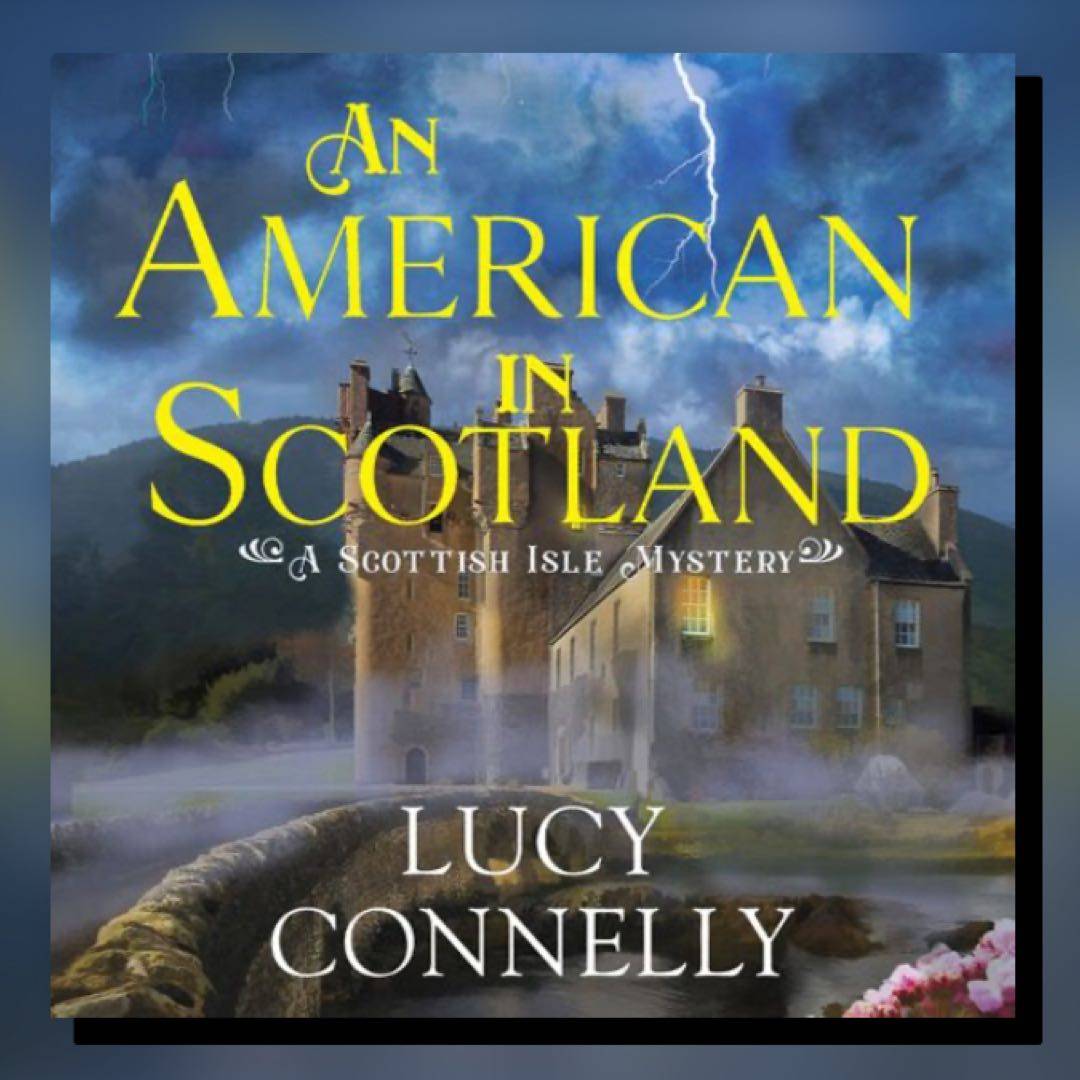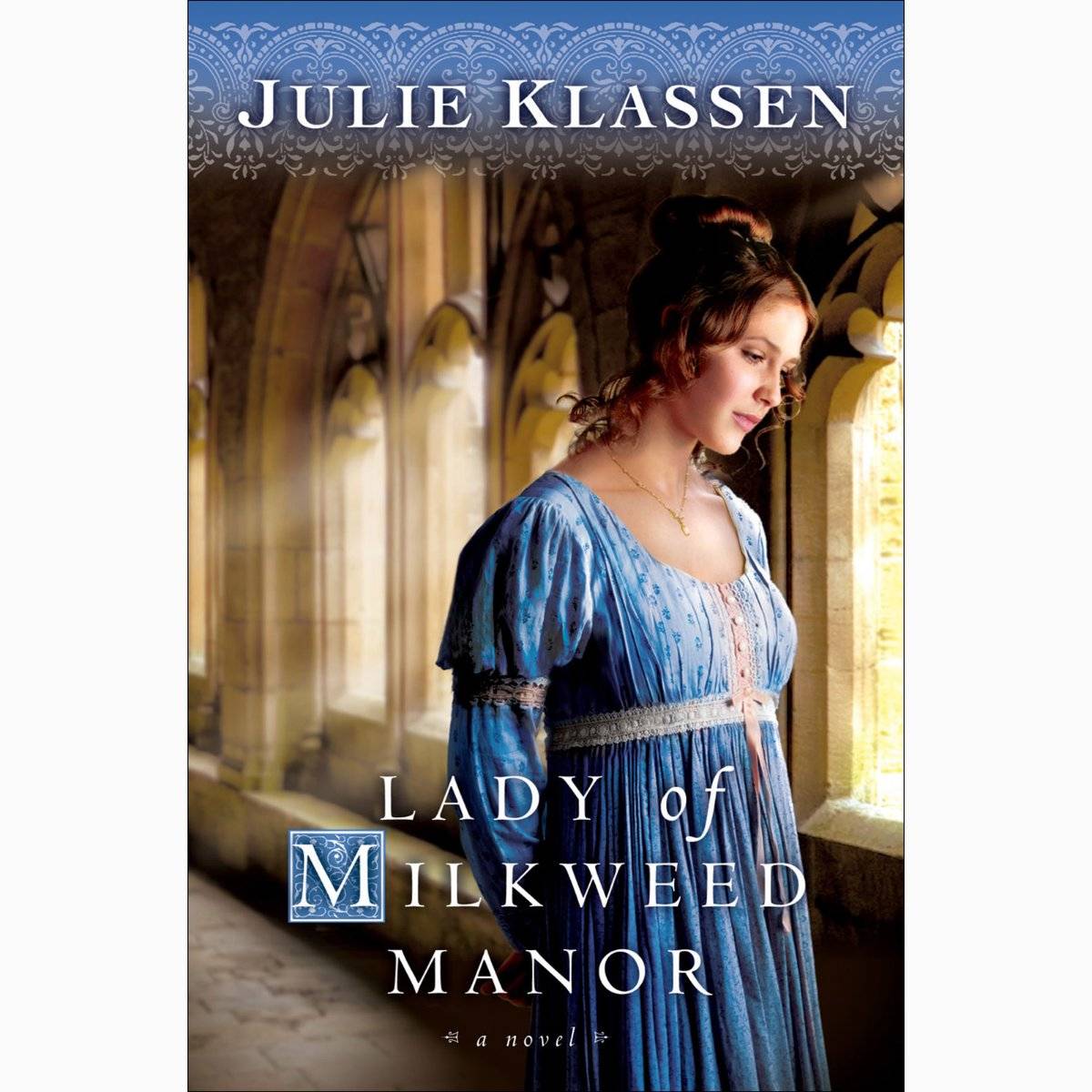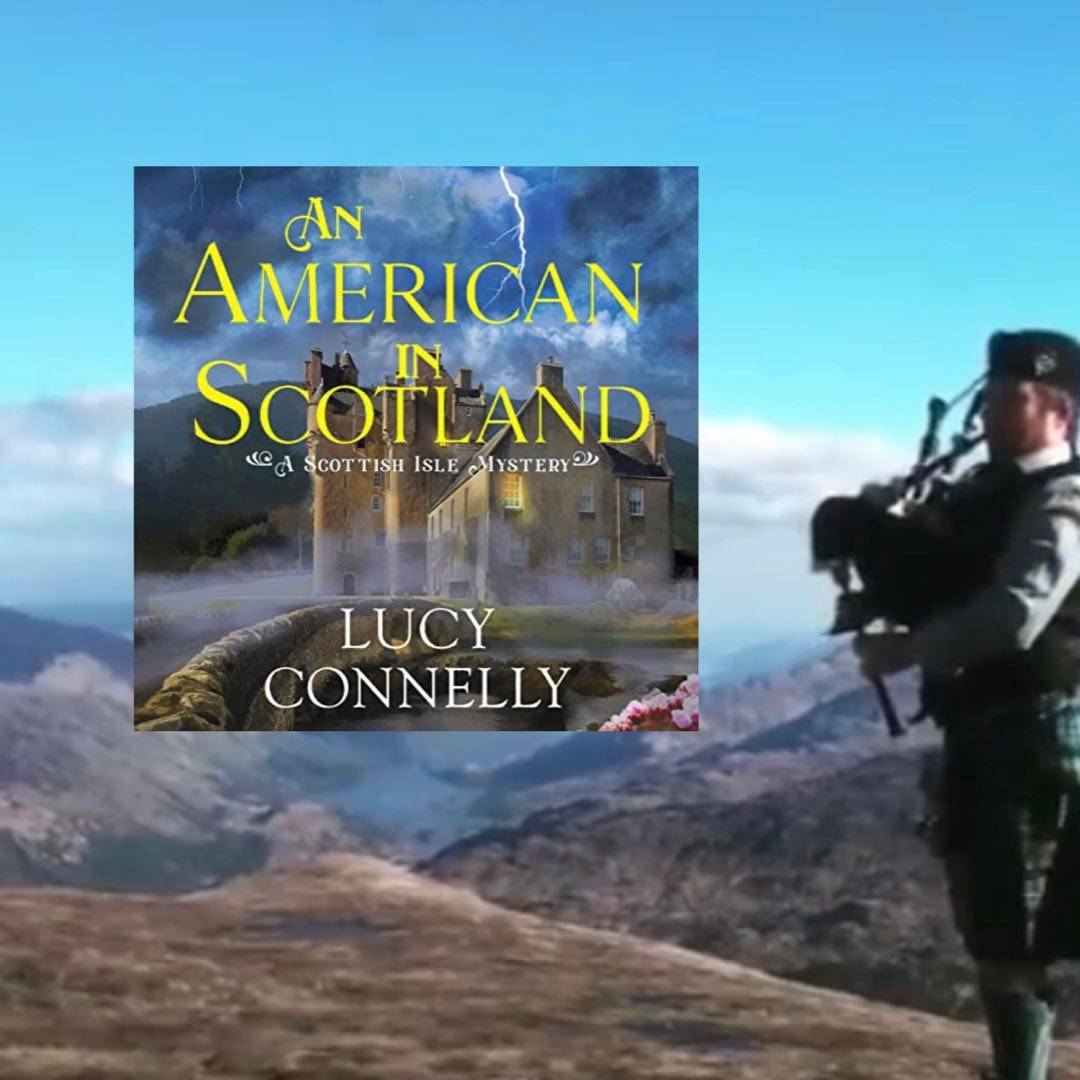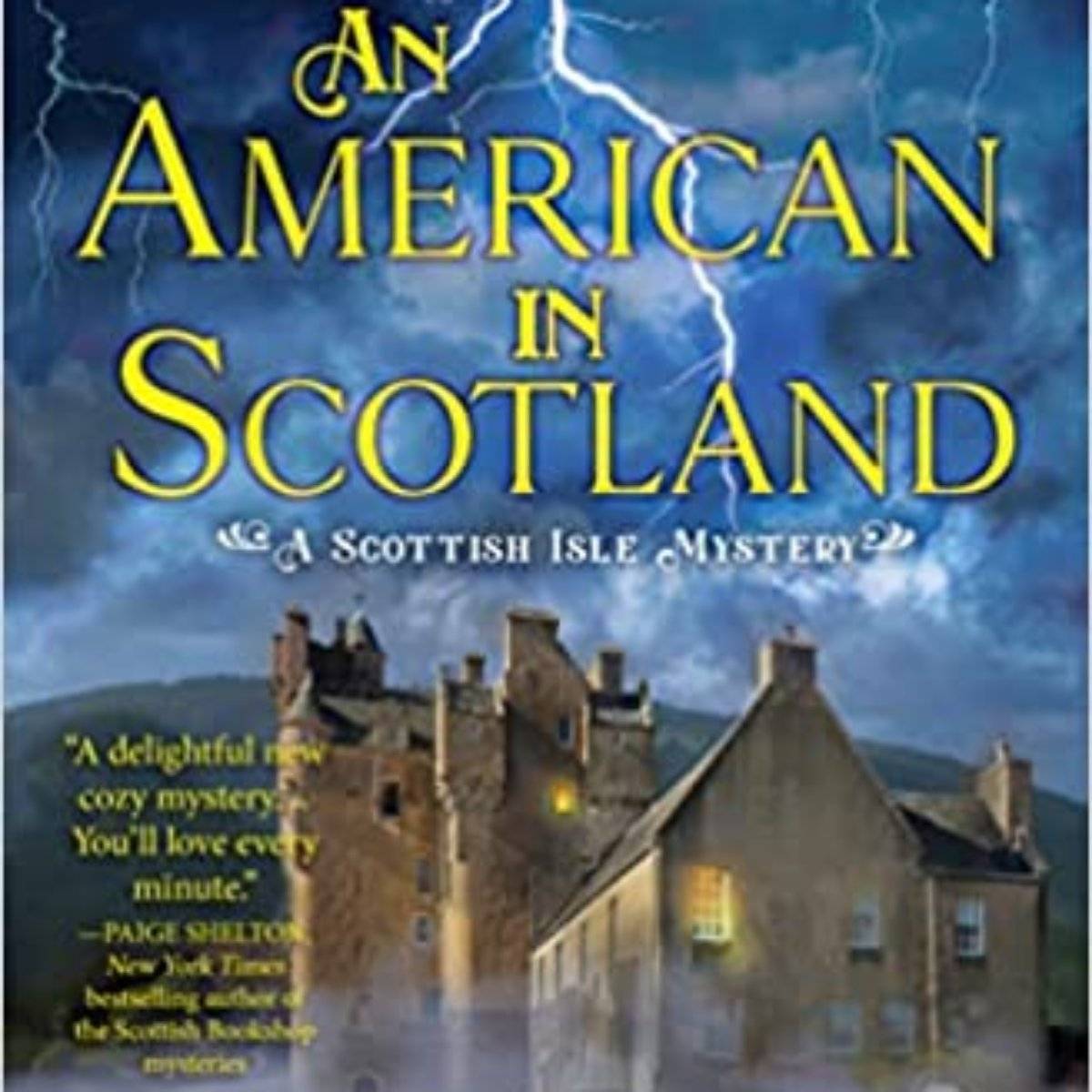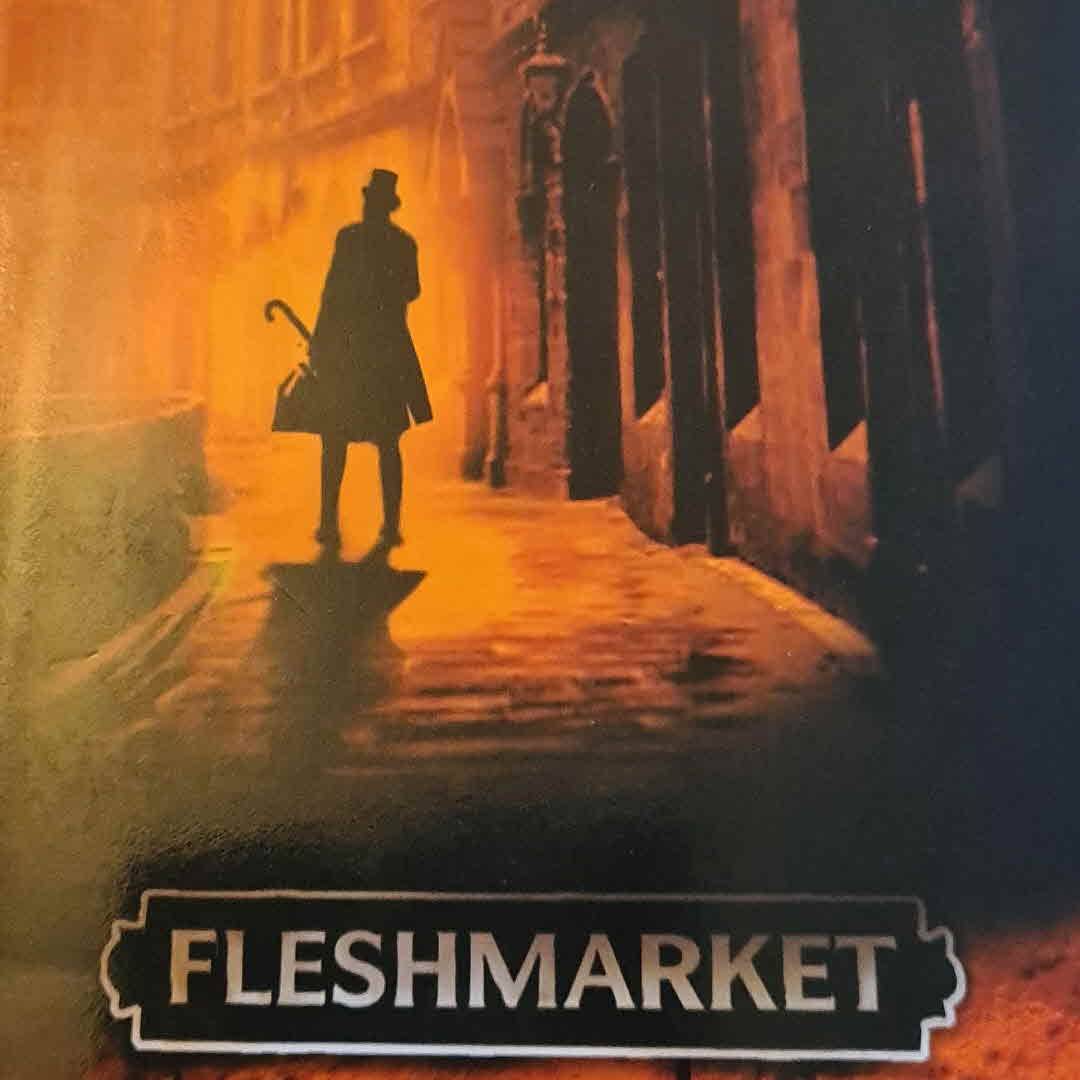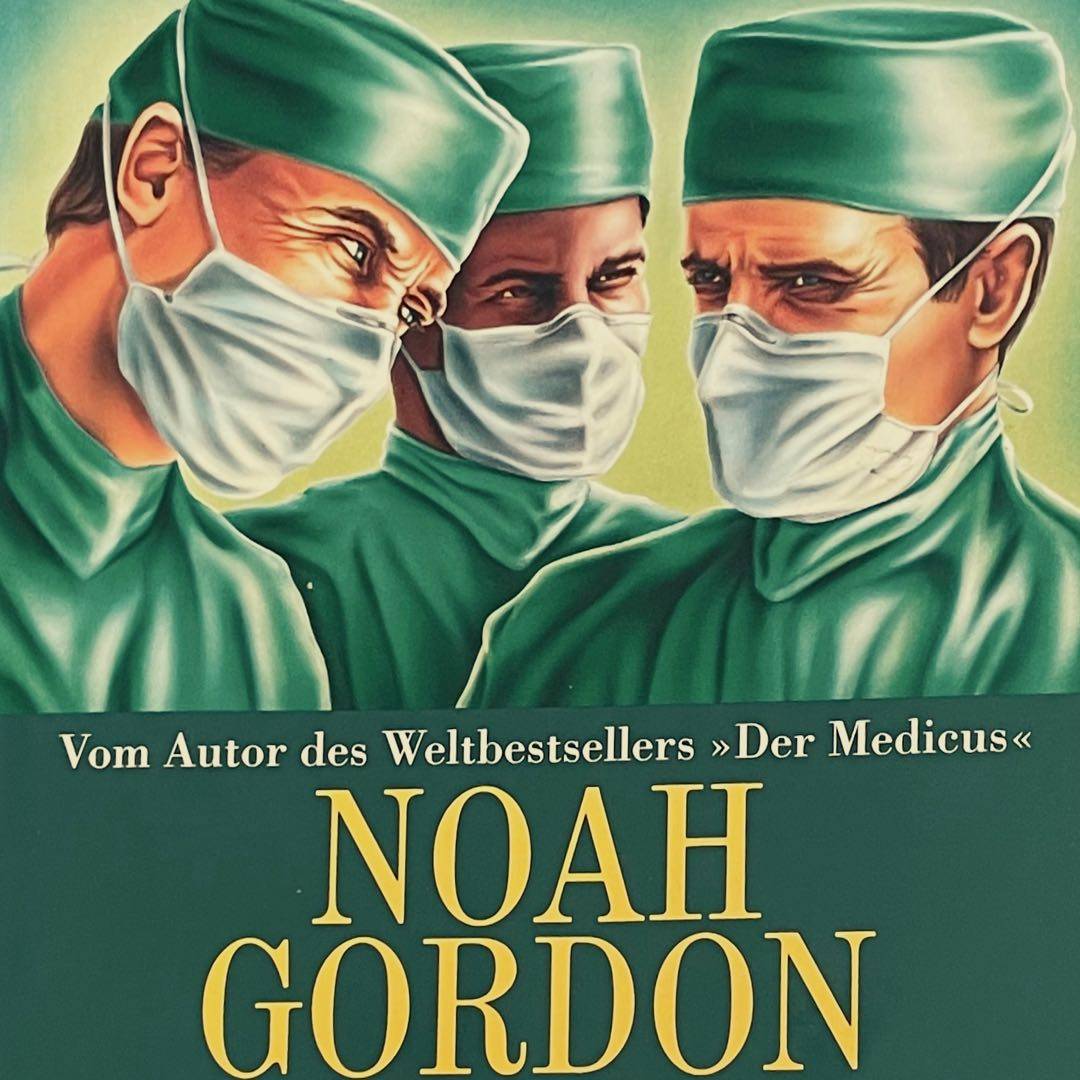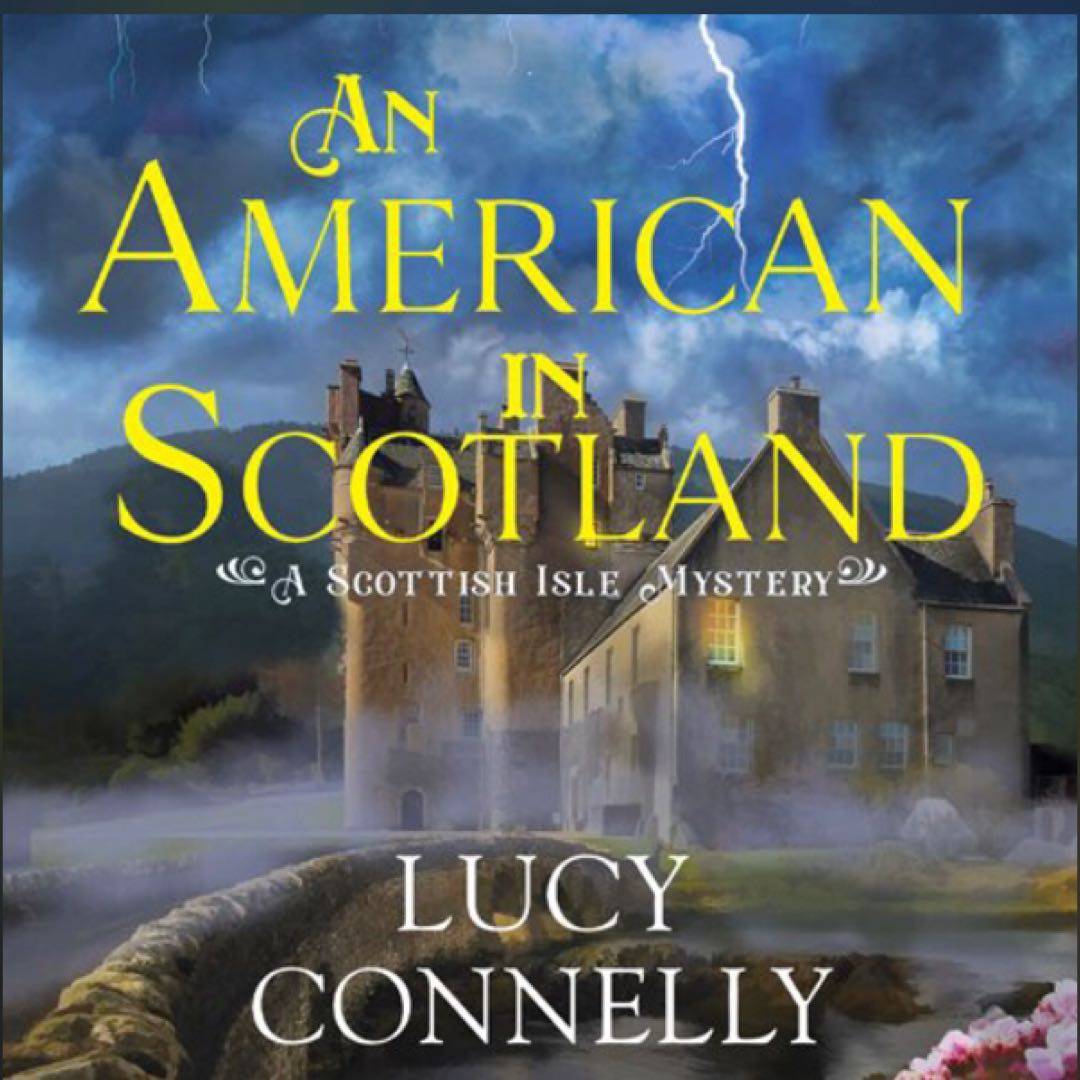
I find so many books on Litsy, & this one was added to my growing tbr this month. I did the audiobook, so I got to listen to some Scottish accents. A cozy mystery about a woman who has moved to a small town in Scotland to be their doctor & immediately finds a dead body. She quickly makes friends, especially with the women, & I‘m assuming a love interest will continue developing in later books. Will continue the series, I like the characters.








